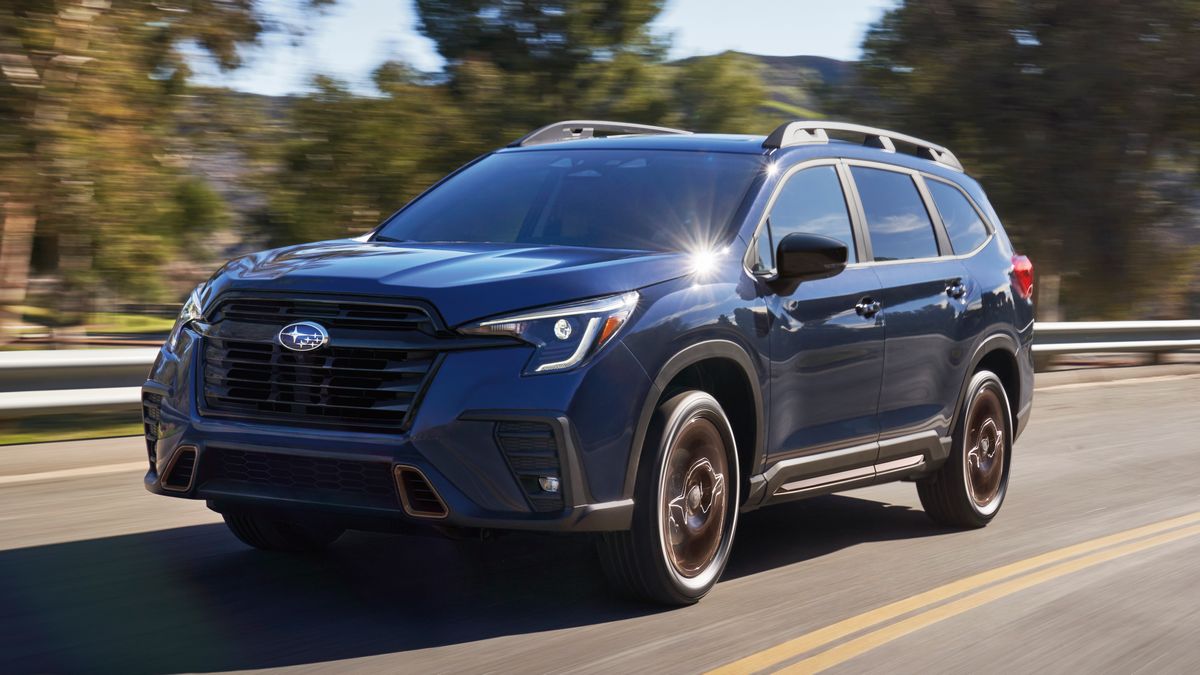
And that’s the conservative estimate. When researchers included changes to long-term quality of life from accident-related injuries, the total soared to $1.37 trillion.
36,500 Dead, 4.5 Million Injured
The figures come from a National Highway Traffic Safety Administration (NHTSA) report on The Economic and Societal Impact of Motor Vehicle Crashes, 2019.
It totals “the present value of lifetime economic costs for 36,500 fatalities, 4.5 million nonfatal injuries, and 23 million damaged vehicles” that year.
Each death, the agency says, equates to a $1.6 million loss, much of it in lost productivity and legal costs. Each critically injured survivor amounts to a $979,000 loss.
Taxpayer Costs, Insurance Costs
The public bears much of the cost. “Public revenues paid for roughly 9 percent of all motor vehicle crash costs,” the report notes. That cost taxpayers $30 billion — equal to $230 in added taxes for every American household.
Growing accident costs can also trigger soaring insurance costs.
Safety Innovations Causing Some Progress
The numbers, as staggering as they are, carried some good news. Totals decreased from the last time the agency conducted the study, in 2010. “Some aspects of this decline are likely to remain and even accelerate as the older on-road fleet is replaced by more modern vehicles with advanced safety features such as automatic emergency braking and other advanced crash avoidance systems,” study authors wrote.
But some of that progress may be short-lived. Regulators have reported a spike in road deaths since the COVID-19 pandemic began.
Too Early To Know Pandemic Impacts
It’s too early to know how pandemic trends will affect traffic safety in the long run, the agency says. Societal changes triggered by the crisis “were complex, reducing travel due to the economic shutdown, but enabling more speeding due to less traffic congestion.”
In the long run, however, normalizing telecommuting may reduce overall traffic fatalities and associated costs.







